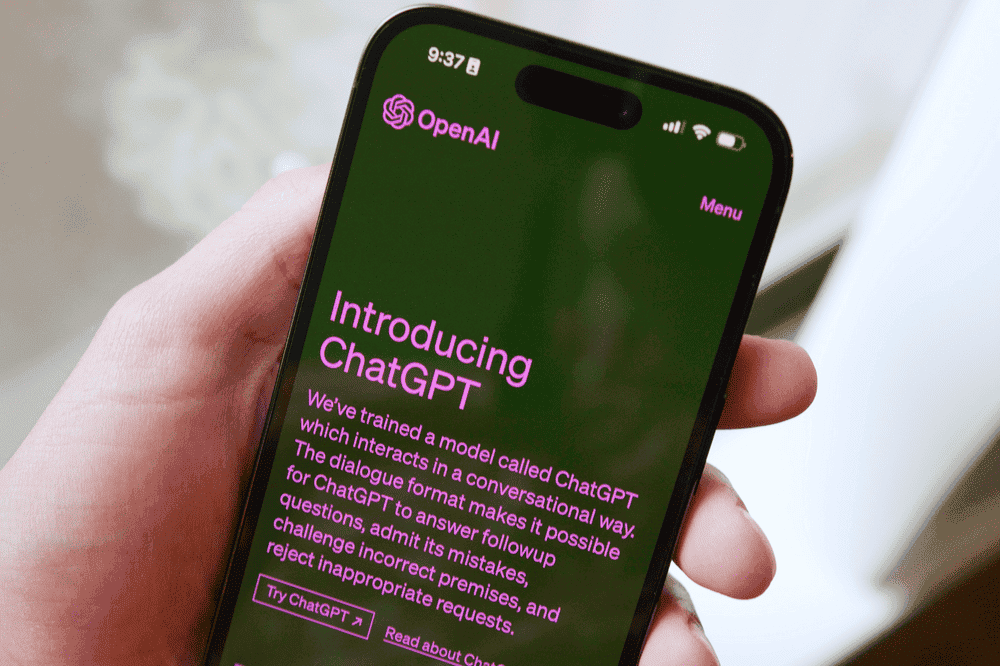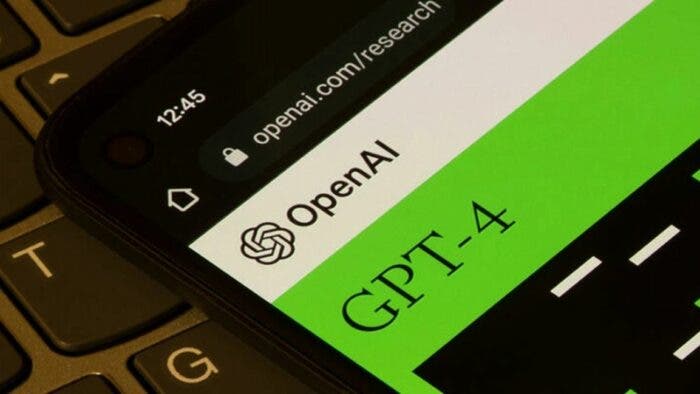OpenAI, an AI research laboratory, is facing lawsuits from several authors who claim that their copyrighted works have been used without permission to train the company’s ChatGPT tool. In response, OpenAI has asked the San Francisco Federal Court to dismiss two cases filed by writers including comedian Sarah Silverman.

The lawsuit accuses the company of infringing on their copyrights. The authors argue that ChatGPT’s output is similar enough to their work to prove copyright infringement. However, OpenAI argues that ChatGPT is protected under fair use and that it has not violated copyright laws at all.
The lawsuits
Several authors have filed lawsuits against OpenAI, including Paul Tremblay and Mona Awad. They allege that their copyrighted books were “ingested” by ChatGPT without permission or compensation.
Two other groups of authors also filed a class action lawsuit against OpenAI. They also accuse OpenAI of illegally including their books in the data set used to train ChatGPT. One group led by Sarah Silverman also filed a related lawsuit against other generative AI platforms.
OpenAI’s response
OpenAI told the court on Monday that the texts from ChatGPT did not infringe on the rights of the authors’ books. The company also denied the authors’ central allegation that using their books to train ChatGPT infringes their copyrights.
OpenAI said the authors failed to prove that ChatGPT’s output was similar enough to their work to prove copyright infringement. It asked the court to dismiss the authors’ related claims based on state law and the Digital Millennium Copyright Act.
Final Words
The lawsuits against OpenAI show the complex legal issues around the use of copyrighted material in AI. While OpenAI argues that ChatGPT is protected under fair use, the authors claim that their works were used without permission. We will have to wait and see the outcome of the lawsuit. The decision by the court will also make a big impression on the use of copyrighted material in AI R&D.





